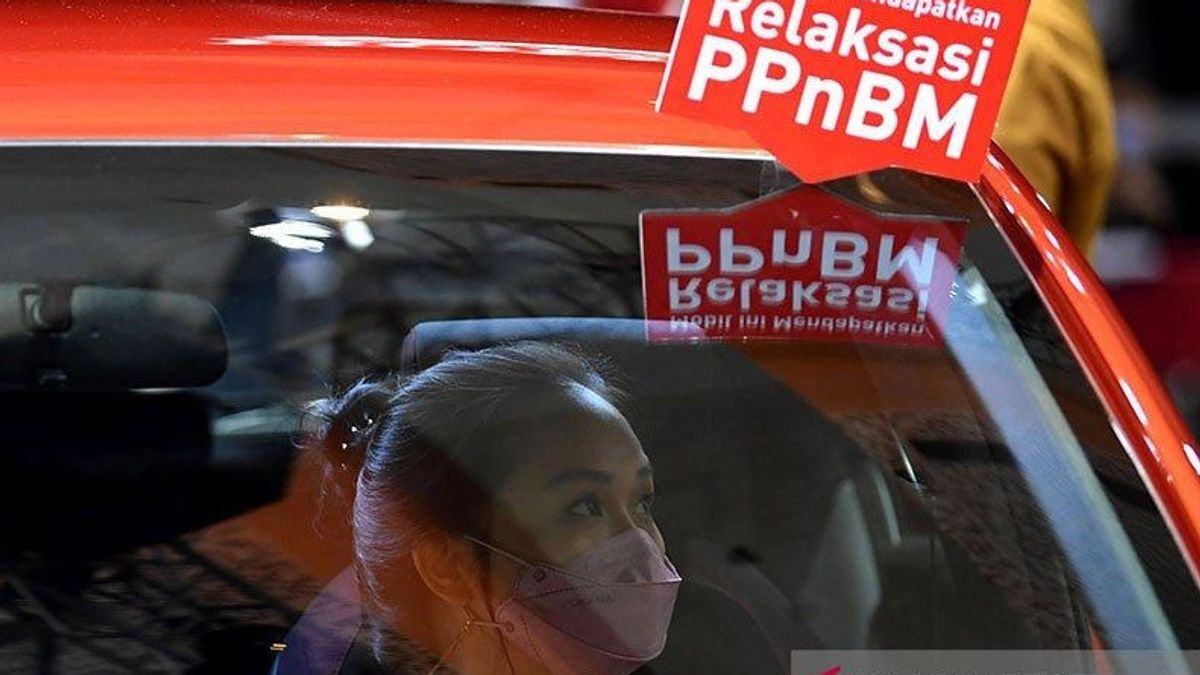JAKARTA - The government continues to take a number of strategic steps to accelerate the process of economic recovery to return to normal levels. Most recently, through the Ministry of Finance (Kemenkeu), the state has officially disbursed fiscal incentives to two selected sectors as part of a policy extension that has been carried out in 2021.
Meanwhile, these facilities are Luxury Goods Sales Tax (PPnBM) for the automotive sector and Value Added Tax (VAT) for the property sector. Although the imposition of discounts is not as aggressive as last year, the government hopes that this step can stimulate economic activity in the country.
It should also be noted that the fiscal incentives that are disbursed also take into account the condition of banking liquidity which is still abundant. The number of funds that are idle or idle creates a separate burden for financial services business actors because they have to pay interest costs.
This was stated directly by the Head of the Fiscal Policy Agency (BKF) of the Ministry of Finance, Febrio Kacaribu, in his statement today.
"Third party funds (DPK) in banking have shown an increasing trend since early 2020," he said, Tuesday, February 8.
According to Febrio, this condition makes economic activity less able to move swiftly because many people choose to place their money as a passive income instrument.
"This indicates that the amount of domestic funding supply is still high and tends to be placed in financial instruments," he said.
So, why the car and property (house)?
As previously explained, the majority of the fat deposits in banks are owned by the middle and upper classes.
For the low-income and vulnerable groups, it is certain that the income they have will be used up to meet their daily needs, especially since the pressure of the pandemic has made the situation even more difficult. Thus, it is unlikely that this group has accumulated deposits in banks.
Car PPnBM and Property VAT are also alternatives to boost bank intermediation performance because they can directly distribute credit and financing.
"Given that consumer credit has not yet approached the pre-pandemic level, efforts are needed to encourage transmission to the real sector to support the acceleration of economic recovery," continued Febrio.
Citing a report released by the Financial Services Authority (OJK) it was stated that the number of banking deposits at the end of 2021 amounted to IDR 7,479.46 trillion. This figure grew 12.2 percent when compared to the 2020 period of Rp. 6,665.39 trillion.
The ideal is that the growth of third party funds should not touch the double-digit level, which means that the level of public consumption is quite high.
The English, Chinese, Japanese, Arabic, and French versions are automatically generated by the AI. So there may still be inaccuracies in translating, please always see Indonesian as our main language. (system supported by DigitalSiber.id)












